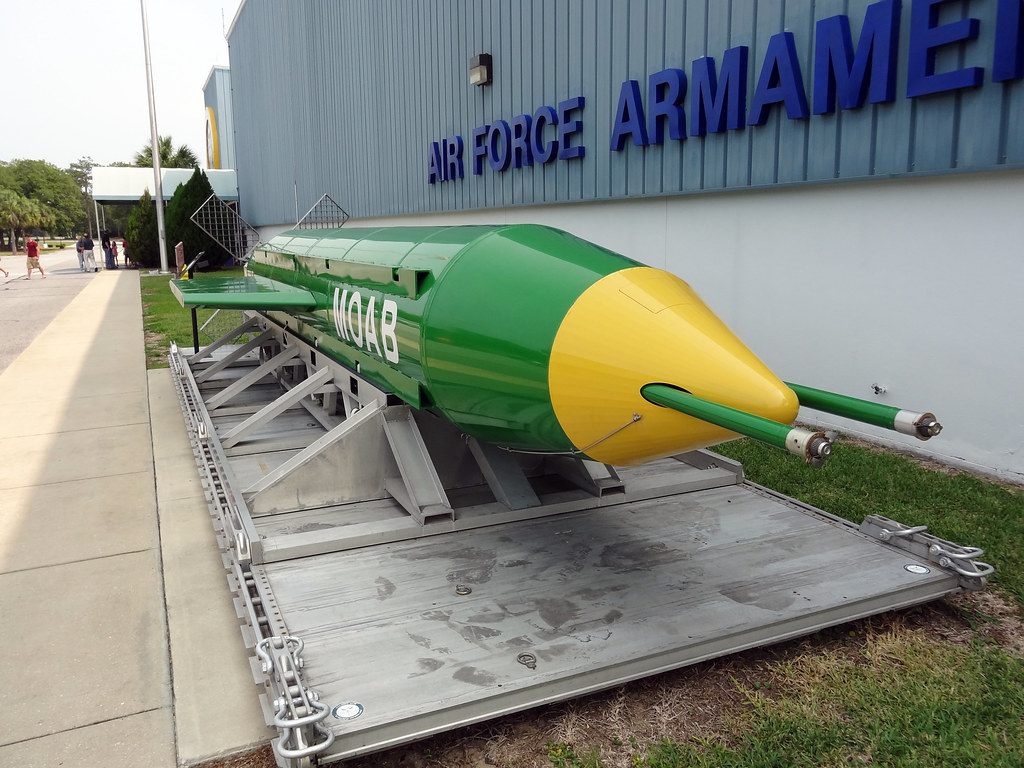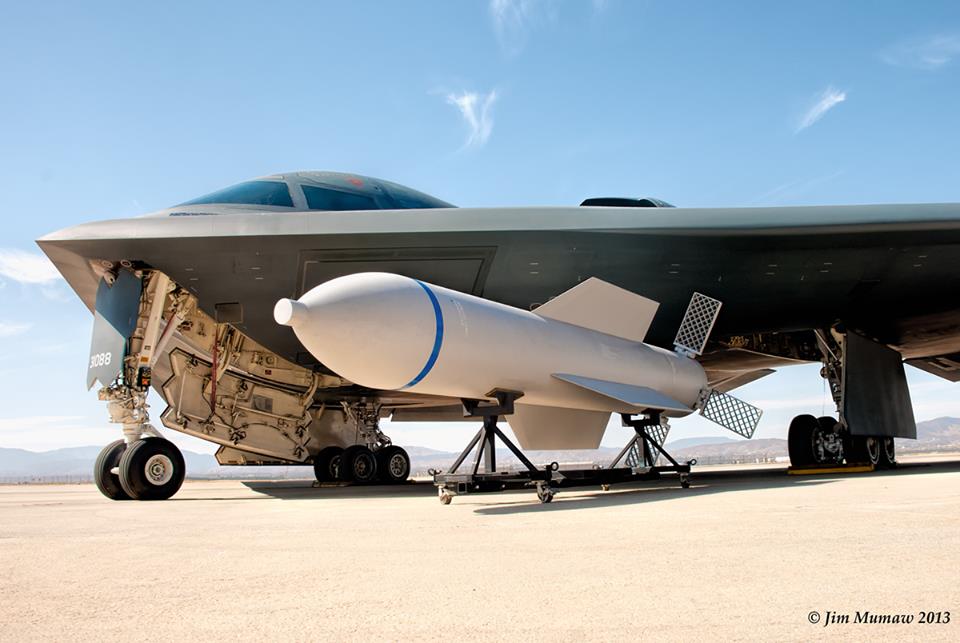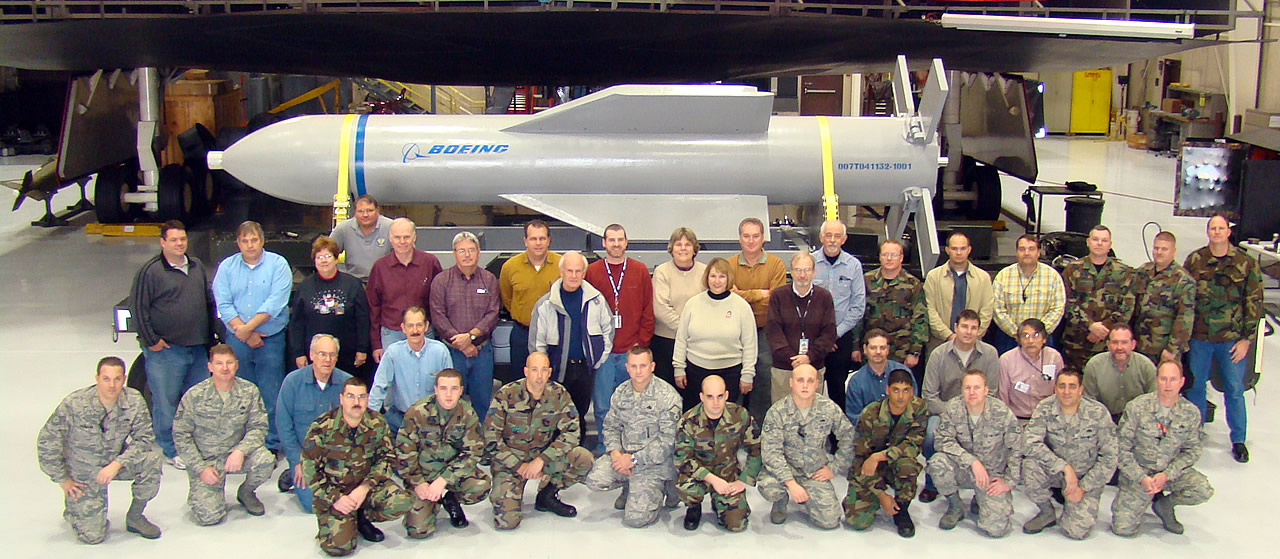Nationainterest.org / Dailycallernewsfoundation.org
Radio Pyongyang began broadcasting peculiar messages at 1:15 a.m. (local time). The messages included numbers and pages, such as No. 69 on page 823, No. 92 on page 467, and No. 100 on page 957.
“I’m giving review works in elementary information technology lessons of the remote education university for No. 27 expedition agents,” the broadcaster explained before repeating her message.
The messages are broadcast over shortwave radio.
Yonhap News Agency reports the numbers are different from past announcements. Since June of last year, Pyongyang has broadcast its messages 32 times.
During the Cold War, North Korea used this approach to give instructions to spies. The messages are believed to be a kind of book cipher, and North Korean operatives would listen for call signs and orders. “Each night, I would listen for my call signs,” Kim Dong-sik, a former North Korean spy who was captured in 1995,
told the New York Times last summer.
Spying was carried out on both sides of the demilitarized zone (DMZ) in the aftermath of the Korean War (1950-1953), and each side had their own methods.
North Korea stopped sending out messages in 2000 after a historic summit meeting between North and South Korea. The broadcasts went unheard for 16 years until they suddenly began again last summer. North Korea started broadcasting the mysterious messages again on June 24, 2016.
The messages came just days before the U.S. and South Korea publicly announced plans to deploy a Terminal High Altitude Area Defense (THAAD) missile shield on South Korean soil to cope with the threat posed by North Korea’s nuclear and missile programs.
Espionage has become much more advanced in recent years and it is unclear exactly what North Korea is doing. The new messages have not yet been linked to anything disastrous. Some observers suspect that this may be a form of retaliation, a type of psychological warfare aimed at causing confusion in the South.
Infuriating the North, South Korea has allied itself with the U.S. and regularly engages in activities designed to undermine the power and authority of the reclusive North Korean regime, such as aiding defectors, blaring information and music into North Korea over loudspeakers, and slipping in news and cultural information.
At the same time, there is the possibility that the broadcasts are more serious.
North Korea has been stepping up its espionage game since it created the General Bureau of Reconnaissance in 2009, and while tactics like steganography have their uses, shortwave radio broadcasts are more reliable.
“The old number broadcasts are still a dependable and preferable means of communication for spies,” Kim explained to reporters.


 USAn strike groupilla ei ilmeisesti ole mukana maihinnousualuksia, eli jos nopea isku tulee, se on pelkkä isku ohjuksin ja lentokonein, eikä varsinainen hyökkäys missään tapauksessa etelän joukkoja käyttäen?
USAn strike groupilla ei ilmeisesti ole mukana maihinnousualuksia, eli jos nopea isku tulee, se on pelkkä isku ohjuksin ja lentokonein, eikä varsinainen hyökkäys missään tapauksessa etelän joukkoja käyttäen?  Joko ydinohjelma, tai valtion johto, ellei kummatkin pois kartalta.
Joko ydinohjelma, tai valtion johto, ellei kummatkin pois kartalta.


